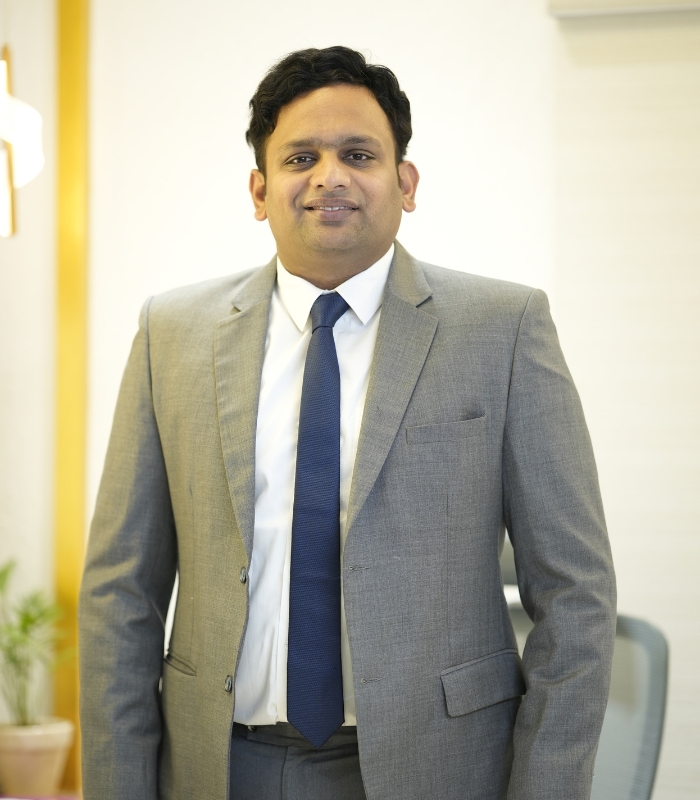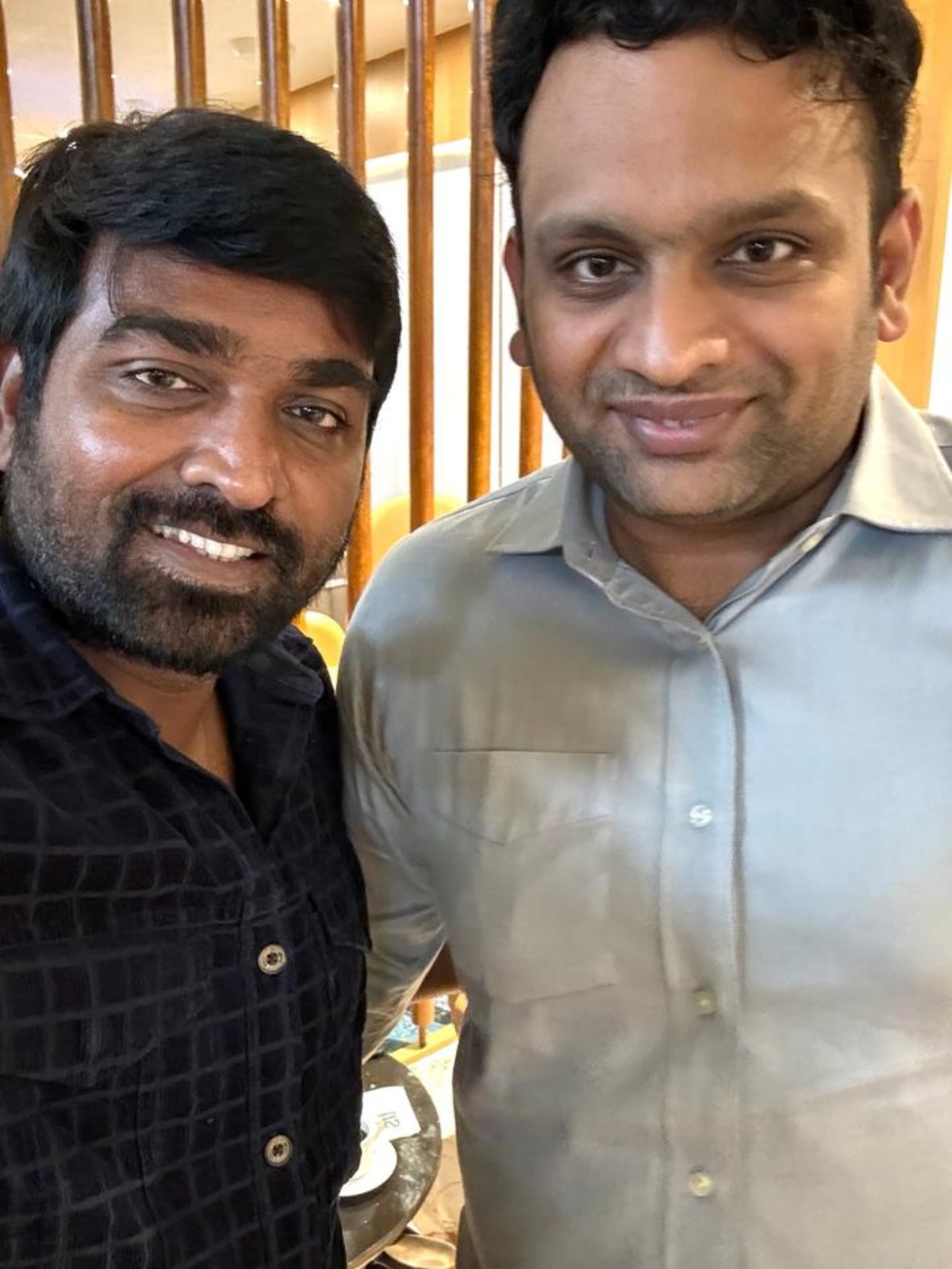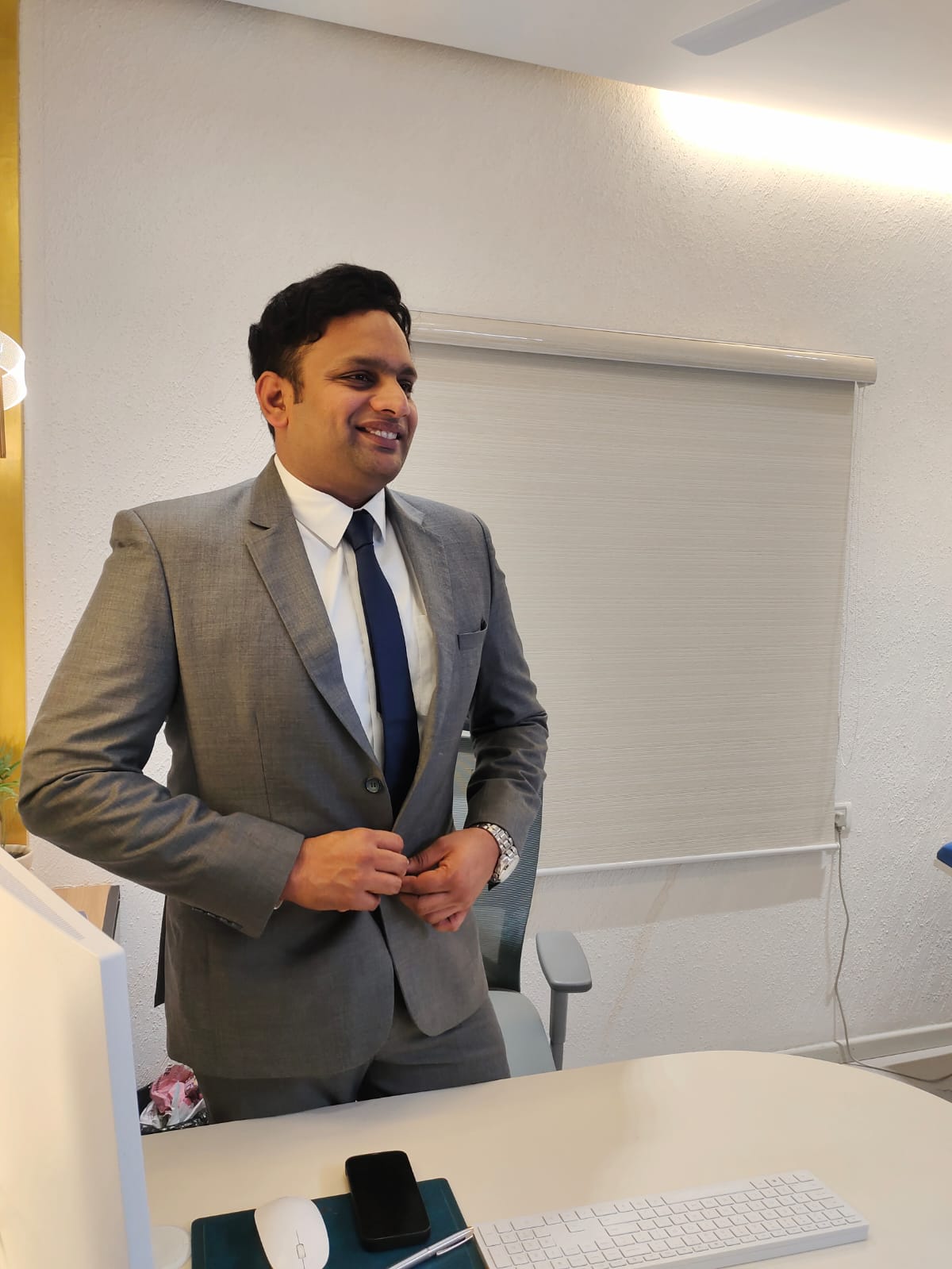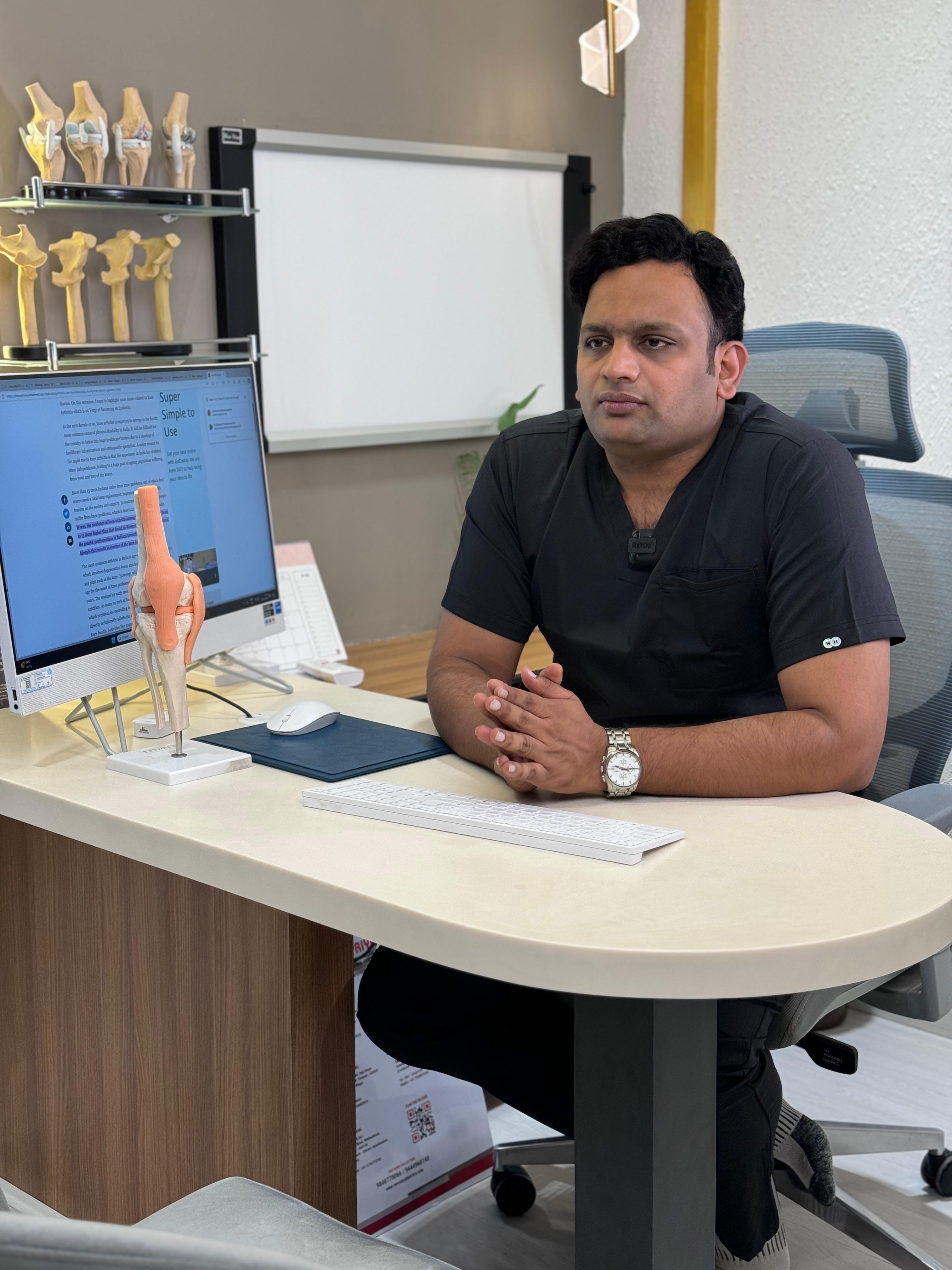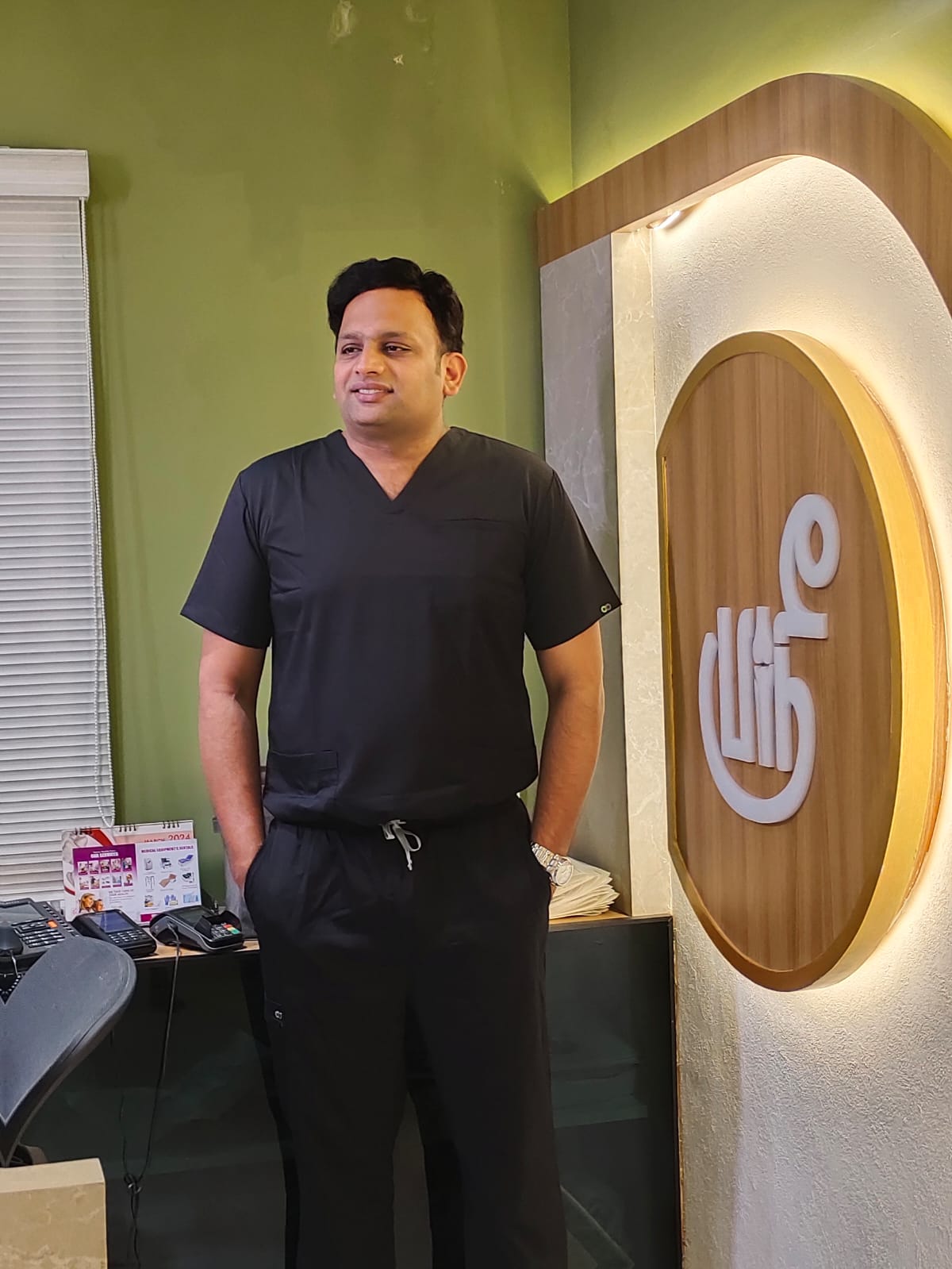What is bunionectomy surgery, and when is it needed?
Bunionectomy is a surgical procedure performed to remove a bunion, a bony bump that forms on the joint at the base of the big toe. This bump occurs when the big toe pushes against the second toe, causing the joint to stick out. Bunions can be painful, and their severity can range from mild discomfort to significant pain that interferes with daily activities.
A bunionectomy is typically recommended when conservative treatments, such as wearing properly fitted shoes, using orthotic devices, taking pain relievers, or applying ice, do not provide sufficient relief. It is also considered if the bunion causes persistent pain, deformity, or difficulty walking. Additionally, if the bunion leads to other complications, such as arthritis in the toe joint or the development of calluses, surgery may be necessary.
During the surgery, the surgeon removes the bunion and may realign the bones, tendons, and ligaments to restore the normal function of the joint. There are different bunionectomy procedures, ranging from simpler bone shaving to more complex methods involving bone repositioning or joint fusion.
Recovery from bunionectomy typically involves rest, elevating the foot, and following a rehabilitation plan to regain mobility. Depending on the extent of surgery, patients may need to wear a particular shoe or boot for several weeks to protect the foot during healing.
What are the common causes that lead to the need for bunion surgery?
Bunion surgery is typically required when conservative treatments fail to alleviate pain or correct the deformity. Common causes leading to the need for bunion surgery include:
- Genetics: A family history of bunions can increase the risk of developing them due to inherited foot structure issues.
- Footwear: Wearing tight, ill-fitting shoes, exceptionally high heels, or narrow shoes can exacerbate bunion formation by pushing the toes into abnormal positions.
- Arthritis: Inflammatory conditions like rheumatoid arthritis can cause joint damage and contribute to the development of bunions.
- Abnormal Foot Mechanics: Flat feet or other structural abnormalities can cause improper weight distribution, leading to bunion formation.
- Age: Bunions tend to worsen as the muscles and ligaments in the foot weaken and the bones shift further out of alignment.
If these conditions lead to persistent pain, limited mobility, or other complications, surgery may become necessary.
What are the benefits of undergoing bunionectomy surgery?
Bunionectomy surgery offers several benefits, especially for individuals who experience persistent pain and difficulty with daily activities due to bunions. Here are the key benefits:
- Pain Relief: The primary benefit of bunionectomy surgery is the significant reduction or elimination of pain caused by the bunion. After the surgery, many patients experience relief from chronic discomfort, especially when walking or standing for long periods.
- Improved Foot Function: Surgery can correct the alignment of the big toe joint, improving the overall function of the foot. This can restore proper walking mechanics and help with balance.
- Cosmetic Improvement: Bunionectomy addresses the visible deformity, often leading to improved foot appearance. This can enhance confidence, especially for individuals who feel self-conscious about the appearance of their feet.
- Prevention of Further Damage: If left untreated, bunions can lead to additional complications, including arthritis or the development of corns and calluses. Surgery can prevent these issues and stop the progression of the deformity.
- Long-Term Relief: While recovery takes time, many patients enjoy lasting relief from bunion symptoms, allowing them to return to regular activities without pain or restrictions.
What are the risks and complications associated with bunionectomy surgery?
While bunionectomy surgery is generally safe, there are potential risks and complications to consider:
- Infection: As with any surgery, there is a risk of infection at the incision site, which may require additional treatment or antibiotics.
- Nerve Damage: There is a small risk of nerve injury during the procedure, which can lead to numbness, tingling, or permanent changes in sensation.
- Blood Clots: Blood clots, particularly in the legs, can form after surgery, posing severe health risks if they travel to the lungs.
- Recurrent Bunion: In some cases, bunions may return after surgery, especially if proper post-operative care and footwear are not followed.
- Stiffness or Reduced Mobility: Some patients may experience reduced joint movement or stiffness after healing, which could affect foot function.
- Delayed Healing: In some cases, the bones may take longer or fail to heal correctly, requiring additional procedures or rehabilitation.
Choosing a skilled surgeon and following post-operative care instructions can help minimize these risks.
How does bunion surgery impact foot function and daily activities?
Bunion surgery can significantly improve foot function and enhance the ability to perform daily activities, particularly for individuals limited by bunion-related pain or deformity. After the surgery, the alignment of the big toe joint is corrected, which restores more natural movement and mechanics of the foot.
This can reduce pain while walking, standing, or engaging in physical activities, allowing individuals to move more freely and comfortably.
In terms of daily activities, patients often experience improved mobility and less discomfort when wearing shoes, walking, or participating in hobbies such as hiking, running, or dancing, which might have been painful before. Correcting the bunion can prevent further joint damage, such as arthritis or corns, and help overall foot health.
However, the recovery period can temporarily affect foot function.
During the healing phase, which can take several weeks to months, patients must follow specific instructions to protect the foot and avoid excessive pressure or movement. They may need crutches or a unique shoe to ensure proper healing. Despite this, long-term benefits typically include a more excellent range of motion, pain-free walking, and the ability to resume daily activities with less restriction.
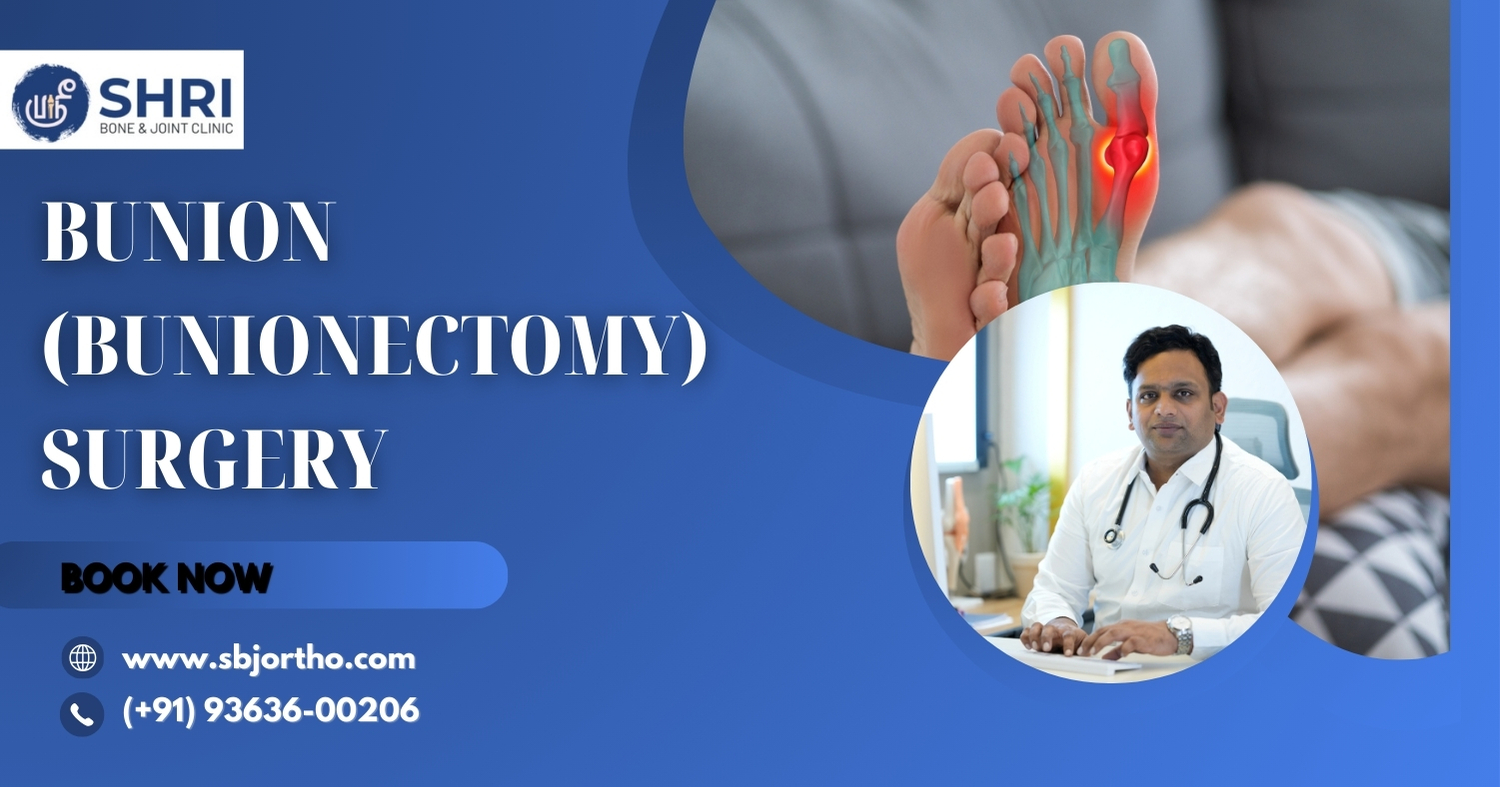
Which is the Best Hospital for Bunionectomy Surgery in Chennai, India?
Shri Bone & Joint Clinic in Chennai is a top choice for individuals seeking specialized orthopedic care, including bunionectomy surgery. The clinic is well-known for providing high-quality, patient-focused care in a comfortable environment.
They offer a range of treatments, such as Ankle Arthroscopy for ankle issues and Femoroplasty Surgery for bone and joint health, ensuring that patients receive comprehensive care for various orthopedic concerns, including Lisfranc fractures and knee problems.
The clinic prides itself on its experienced orthopedic specialists committed to providing timely care. Based on doctor availability, appointments are often available on the same day, ensuring patients receive the attention they need without delay. For emergencies, walk-in patients are prioritized to provide quick and effective treatment.
Shri Bone & Joint Clinic offers affordable and transparent pricing for orthopedic treatments, making high-quality care accessible to all. Whether it’s a complex surgery or general orthopedic care, the clinic’s commitment to excellent service and patient well-being makes it one of the best options in Chennai for bunionectomy and other orthopedic treatments.
Who is the Best Bunion Surgeon in Chennai, India?
Dr. Shriram Krishnamoorthy is widely regarded as one of the best bunion surgeons in Chennai, India. With a strong background in orthopedic surgery, Dr. Shriram Krishnamoorthy has presented scientific sessions at national and international conferences, showcasing his expertise in his field.
He has authored multiple publications in respected peer-reviewed journals and contributes regularly to newspapers and magazines, sharing his knowledge on various orthopedic topics.
In addition to his professional accomplishments, Dr. Shriram Krishnamoorthy is dedicated to community service. He actively organizes skin awareness talks and camps, particularly for underprivileged populations, highlighting his commitment to improving public health beyond clinical practice.
Dr.Shriram Krishnamoorthy’s credentials include being selected for the prestigious ISKSAA-BOSTAA traveling fellowship by the British Sports Trauma and Arthroscopy Society. During this fellowship, he received specialized training across several renowned medical centers in England, including London, Sheffield, Chesterfield, and Manchester.
Having started his career at Fortis Malar Hospital and Kamakshi Clinic in Adyar in 2015,
Dr. Shriram Krishnamoorthy now practices at MGM HealthCare on Nelson Manikam Road and Kamakshi Clinic in Adyar. His vast experience and dedication make him a trusted choice for bunionectomy and other orthopedic treatments in Chennai.
How much does a Bunionectomy Surgery Cost in Chennai, India?
The cost of bunionectomy surgery in Chennai, India, typically ranges from ₹40,000 to ₹1,50,000, depending on factors like the surgeon’s expertise, the hospital’s facilities, and the complexity of the procedure. Additional costs may include consultation fees, anesthesia, and post-surgery rehabilitation.
Better Health Care is Our Mission
Phone
Shri Bone & Joint clinic
No.14/31, 3rd Avenue Indira Nagar, Adyar, Chennai-600020
Phone: 044 4505 5509


